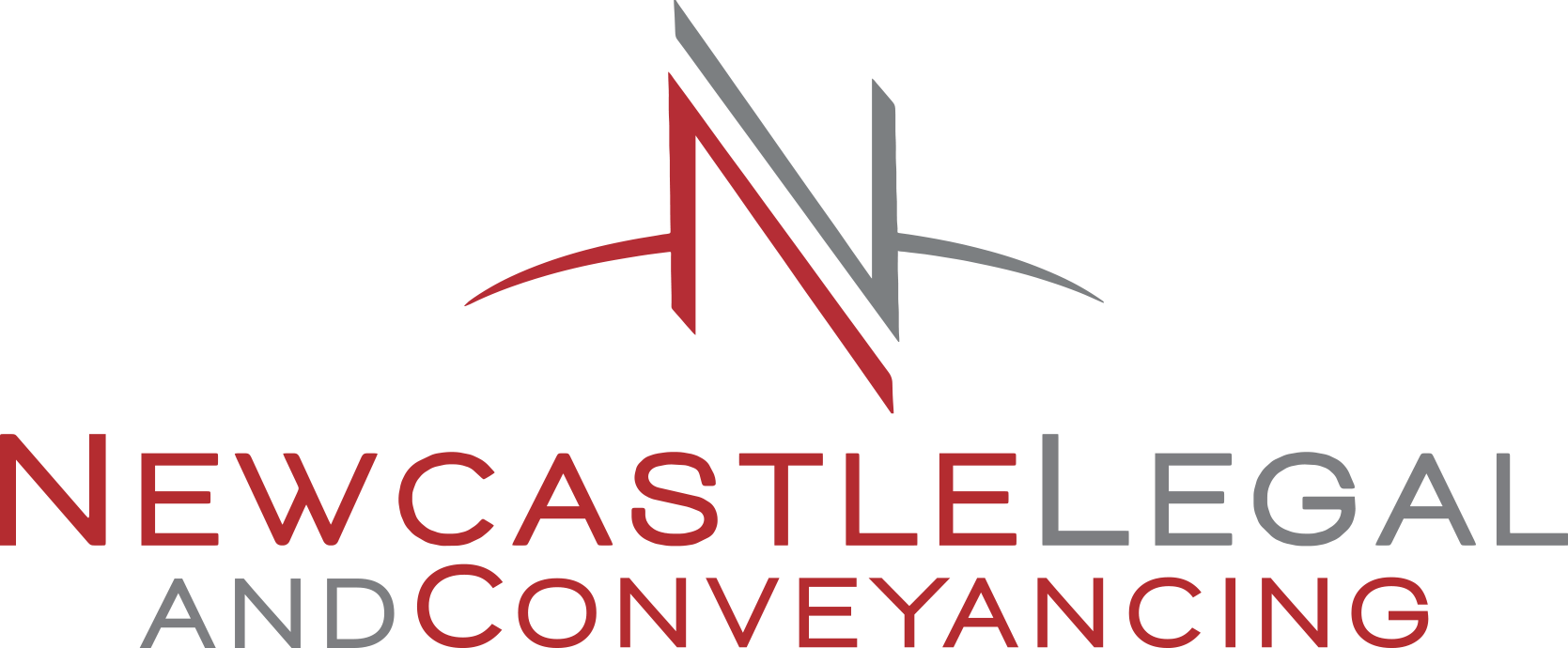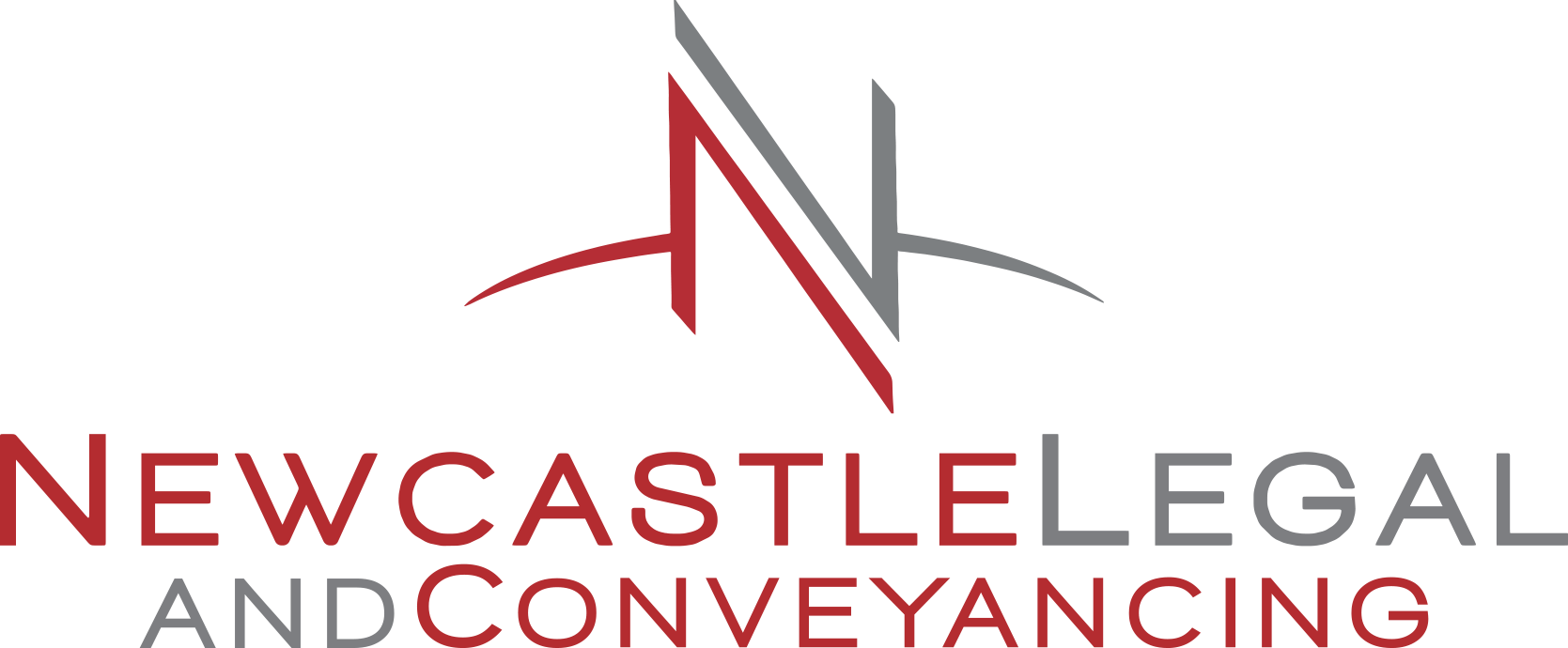Bankruptcy Law Lawyers Newcastle Book an appointment online for a time that suits you
How we can assist you
How we can assist you
Bankruptcy is a process through which you are legally declared unable to meet your debts and are released from most of these. There are a number of reasons people might struggle to meet their financial obligations including:
- sudden unemployment;
- ill health; or
- relationship breakdown.
If you are thinking of applying for bankruptcy by lodging a debtor’s petition we can:
- explain the debtor’s petition process including eligibility requirements;
- explain the consequences of bankruptcy;
- explain the alternatives to bankruptcy such as negotiating with your creditors;
- help you to complete and lodge a declaration of intention (DOI) to present a debtor’s petition; and
- assist you to complete and lodge your debtor’s petition (your application to become bankrupt) and the statement of affairs that must accompany it.
If you have been served with a creditor’s petition we can:
- explain the consequences of a sequestration order (order declaring you bankrupt) being made;
- explain the court process to you including how to defend the proceedings; and
- with the court’s permission represent you in court proceedings.
If you wish to avoid bankruptcy but are interested in one of the formal arrangements set out in the legislation we can:
- explain the formal arrangements to you;
- explain what you and your creditors can and cannot do under each arrangement; and
- provide advice regarding the most appropriate arrangements in light of your particular situation.
If you are in serious financial difficulty but wish to avoid the formal arrangements set out in the legislation we can:
- advise you of your options;
- help you renegotiate payments with your creditors;
- assist you with any recovery action commenced or threatened by your creditors; and
- provide you with advice regarding government assistance.
Disclaimer: The information on this site is not legal advice nor does it create a lawyer-client relationship. It is general in nature, may not be correct or apply in your case and should not be relied on. See our full Terms of Use.



